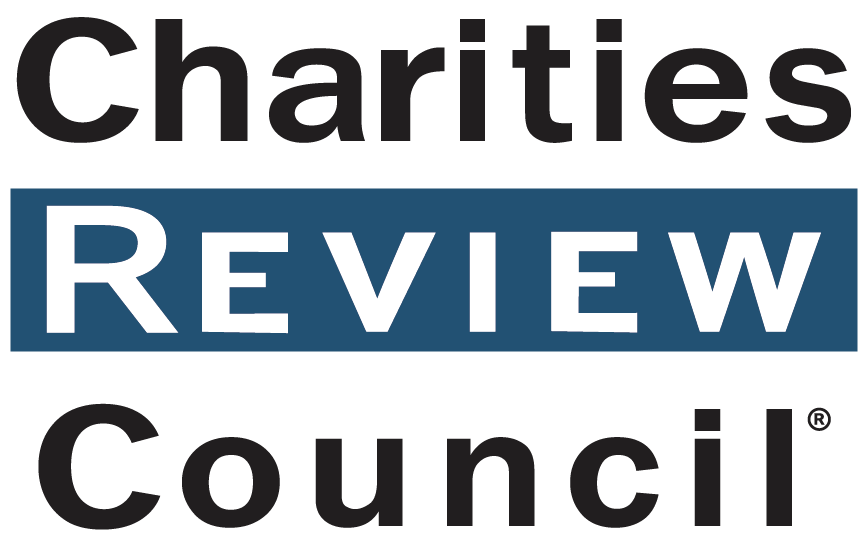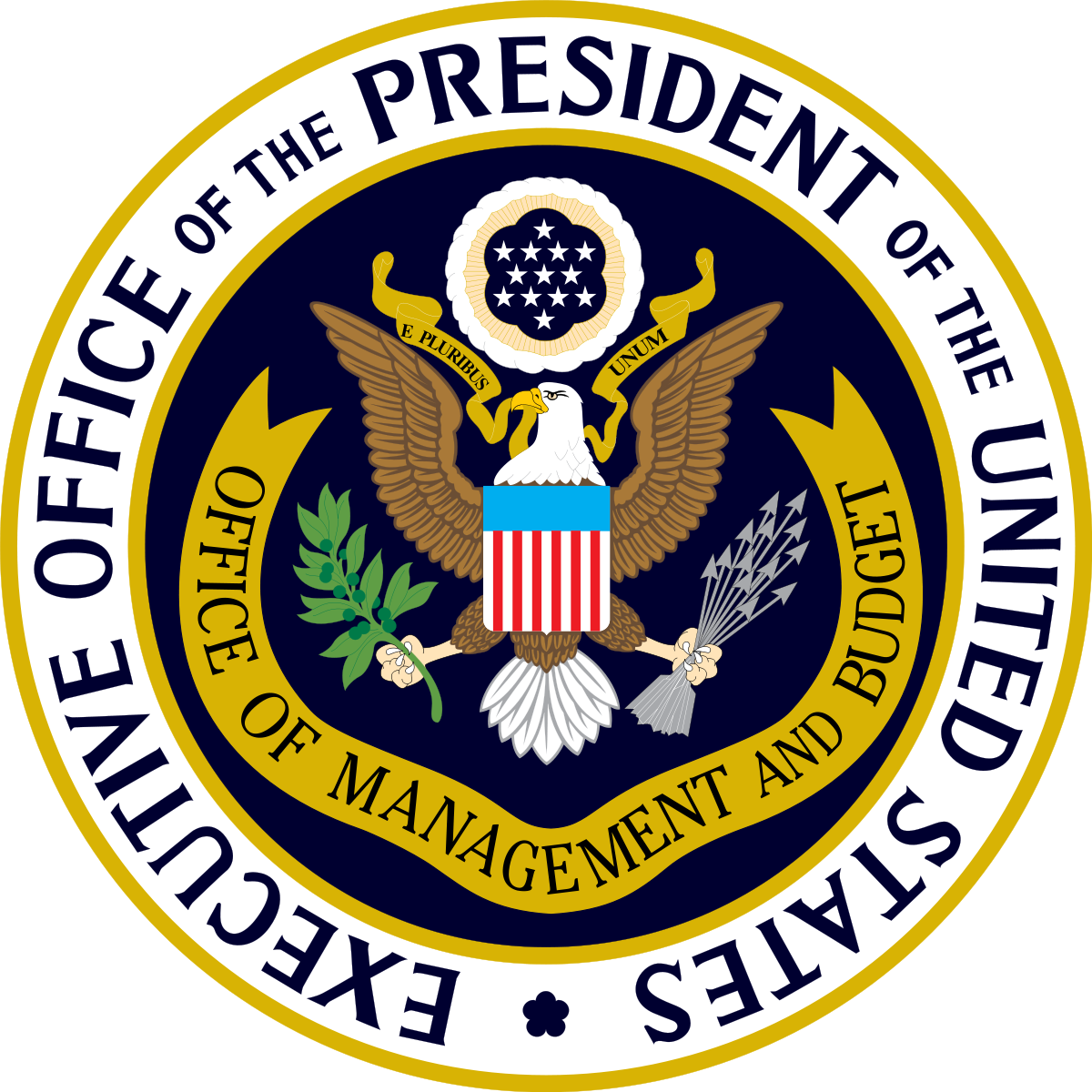Here at the Charities Review Council, we talk a lot about looking beyond the overhead ratio to determine a nonprofit’s impact based on more than just basic financials. Today, we’re diving right into the middle of that cumbersome overhead conversation to share some good news!
The Office of Management and Business (OMB) announced changes in December that will directly affect federally-funded nonprofits, and leave a positive glow across the entire philanthropic sector. Governments will now be required to pay some of the indirect costs incurred by the organizations they fund.
Essential overhead expenses are no longer being overlooked.
“The new guidance from OMB makes one point perfectly clear: that governments should pay the actual costs of the work performed under written agreements on their behalf.” -Tim Delaney, President and CEO of the National Council of Nonprofits.
Federal, state, and local governments require certain administrative processes to be completed by the charitable organizations which they fund, limiting the amount of resources that nonprofits can put directly toward pursuing their missions. These administrative expenses are necessary to maintain a healthy, transparent, and well-run nonprofit sector, and the OMB is finally acknowledging that.
A recent nationwide study by the Urban Institute found that governments subjectively limit indirect costs for necessary program and organizational expenses; one in four nonprofits reported that governments refuse to pay any indirect costs of the organization, and half of the nonprofits reported that they were limited to 7% or less. This will no longer be the case where federal funds are involved. The new guidelines require that governments pay a minimum rate of 10% or negotiate a rate with the organization.
Many nonprofits will be able to focus more on their missions with less pressure to raise additional funds to cover overhead expenses.
Community-based, culturally focused organizations might especially benefit, as they often rely heavily on government funding to operate. But this momentous change positively affects the entire nonprofit community. Charities that do not receive federal funding could see less competition for scarce private philanthropic dollars.
The new guidance also raises the Single Audit, a government-mandated independent audit, threshold to $750,000. Previously, nonprofits expending $500,000 in federal funds in a year were required to conduct a Single Audit. This change, along with clarifying cost allocation rules and eliminating repetitive audit requirements, means that at least 5,000 organizations nationwide will be freed up to focus on delivering services to their communities, rather than spending time and money on complicated paperwork.
These reforms acknowledge the need for overhead funding and ease the administrative burden for nonprofits, allowing them to focus on achieving their missions and improving our communities. These changes will encourage transparency, efficiency, and increased impact in our thriving philanthropic sector. The Overhead Ratio debate is finally getting the positive attention it deserves.
Learn more about the changes for federally-funded nonprofits and how donors and nonprofits can navigate conversations about administrative overhead.


